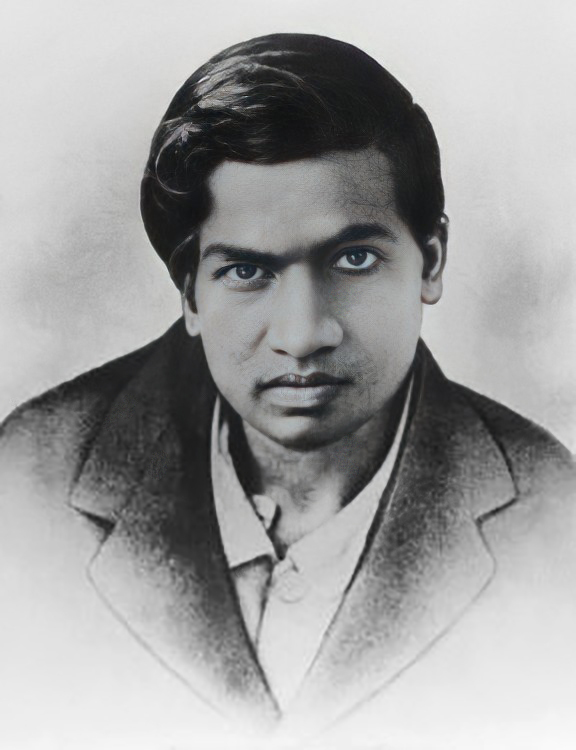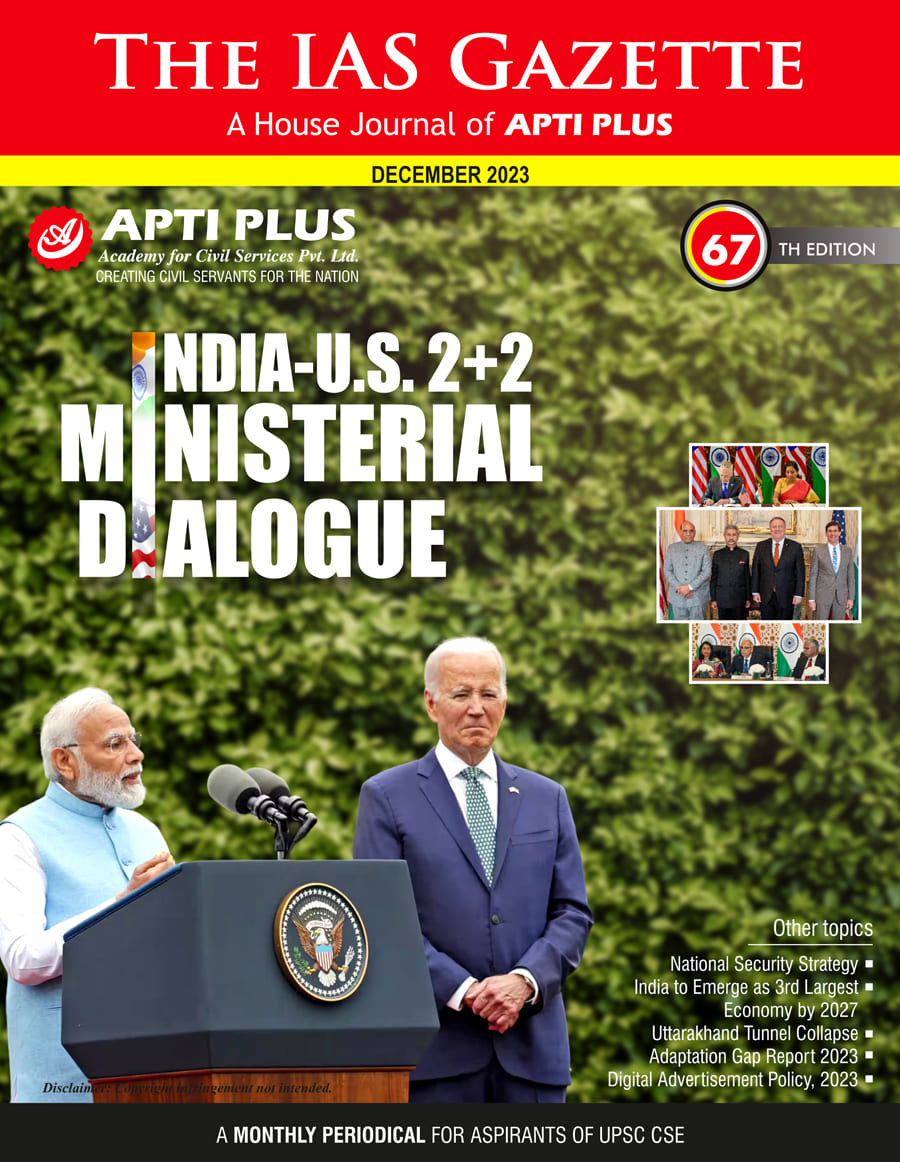Description

Disclaimer: Copyright infringement not intended.
Context
- Every year, on December 22, India observes its National Mathematics Day in honour of Srinivasa Ramanujan, regarded as one of the greatest mathematicians to ever grace the planet.
Details
- Srinivasa Ramanujan, born on December 22, 1887, in Erode, Madras Presidency (now Tamil Nadu, India), was a self-taught mathematical genius whose work profoundly influenced mathematics.
- Despite facing significant challenges and lacking formal training, Ramanujan made substantial contributions to various mathematical fields, especially number theory, continued fractions, and infinite series.

Early Life and Education
- Early Aptitude: Ramanujan displayed exceptional mathematical abilities from a young age, exploring complex mathematical concepts independently.
- Struggles and Education: His family faced financial difficulties, and Ramanujan's education was irregular. However, he delved into mathematics through self-study and discovered his own theorems and results.
Contributions to Mathematics
- Infinite Series and Continued Fractions: Ramanujan made significant contributions to the theory of infinite series and developed various methods to sum them, leading to profound insights into mathematical analysis.
- Partition Function: His work on the partition function revolutionized number theory, providing fundamental insights into the theory of numbers and partitions.
- Ramanujan's Prime and Ramanujan-Hardy Number: He introduced several concepts, including the "Ramanujan's prime" and the "Ramanujan-Hardy number," both of which have applications in number theory.
- Mock Theta Functions: Ramanujan's work on mock theta functions became an essential area of study in mathematical physics and the theory of modular forms.
Collaboration with G.H. Hardy
- Correspondence with Hardy: Ramanujan's talent was recognized by G.H. Hardy, a distinguished mathematician at Cambridge University. Their collaboration led to several groundbreaking discoveries.
- Ramanujan-Hardy Equation: The Ramanujan-Hardy equation, related to the number of prime partitions, emerged from their collaboration and remains an influential mathematical concept.
Legacy and Recognition
- Fellowship at Cambridge: Ramanujan traveled to England and became a Fellow at Trinity College, Cambridge, where he continued his mathematical explorations.
- Ramanujan's Notebook: His mathematical findings were compiled into notebooks, known as the "Ramanujan's Notebooks," which continue to be studied and admired by mathematicians worldwide.
- Honors and Awards: Ramanujan received numerous honors, including becoming the first Indian to be elected a Fellow of the Royal Society and being awarded the Fellow of the Trinity College in Cambridge.
- Mathematical Impact: His discoveries have had a lasting impact on various branches of mathematics, including number theory, analysis, and theoretical physics.
Personal Life and Early Demise
- Health Issues: Ramanujan faced health challenges throughout his life and returned to India due to deteriorating health. He passed away at the young age of 32 on April 26, 1920, leaving behind a legacy of unparalleled mathematical brilliance.
- Inspiration and Recognition: Ramanujan's life and work have inspired generations of mathematicians and continue to be studied for their depth and originality.

Conclusion
Srinivasa Ramanujan's story remains a testament to the power of individual genius and the profound impact of pure mathematical intuition on the world of mathematics. His contributions stand as an everlasting tribute to his extraordinary talent and the depths of the human intellect.
|
PRACTICE QUESTION
Q. Discuss the life, mathematical contributions, and enduring legacy of Srinivasa Ramanujan in the field of mathematics. How did his self-taught genius and collaboration with G.H. Hardy influence mathematical discourse and advancements? (250 Words)
|











